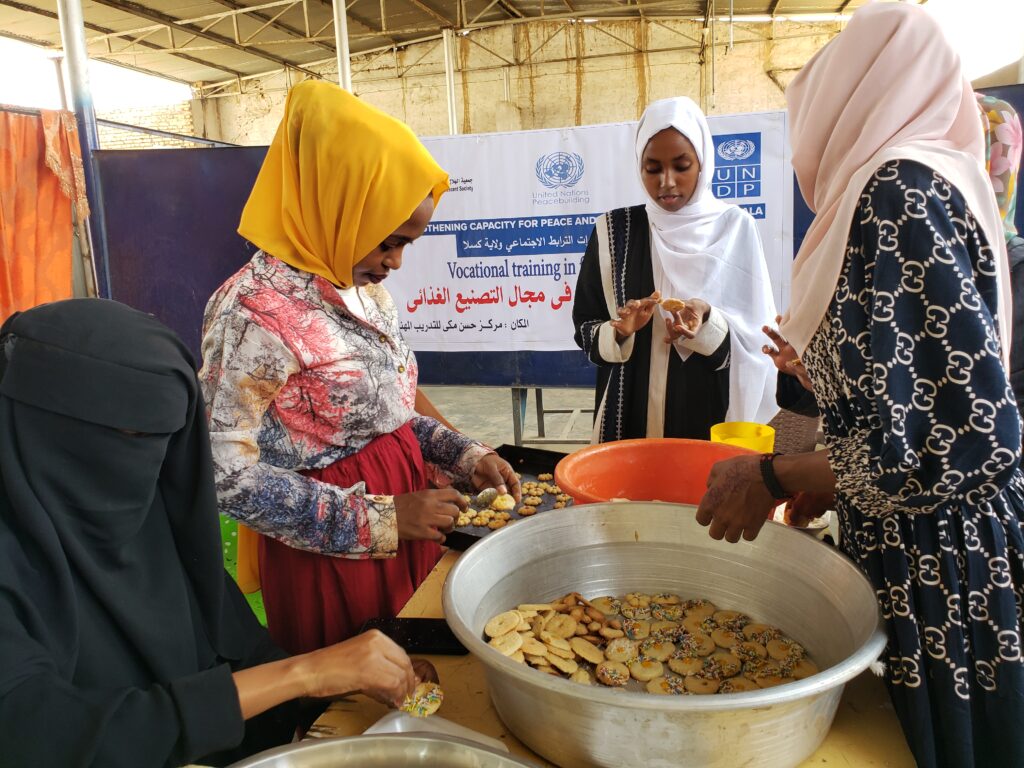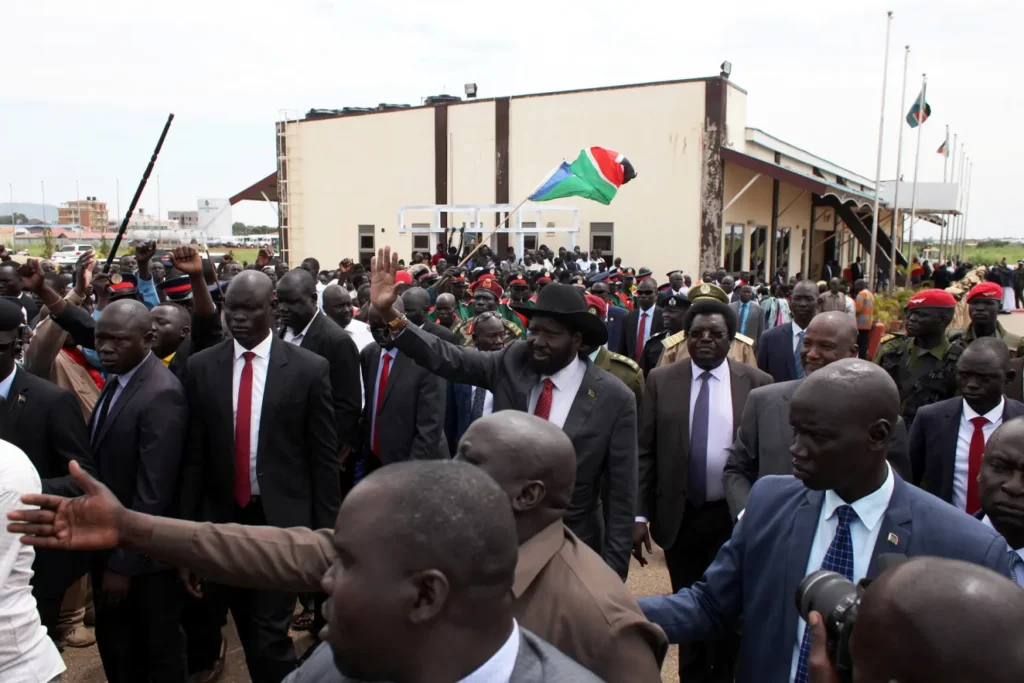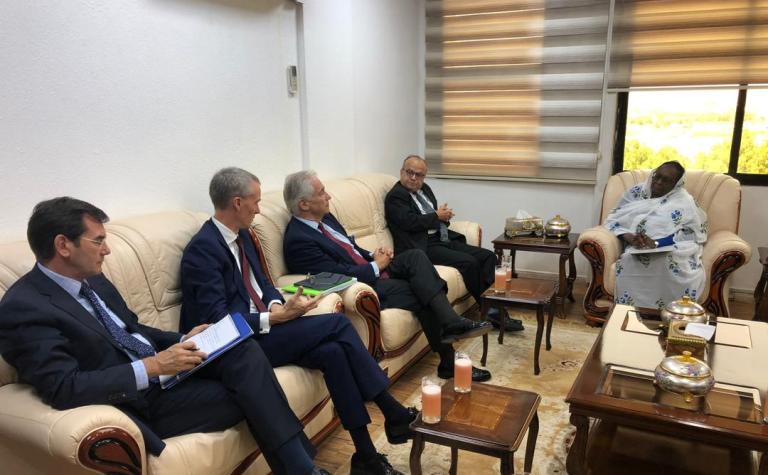
The commander of Sudan’s Rapid Support Forces (RSF) on Thursday issued a warning to army leadership, particularly army chief al-Burhan, against forming a caretaker government in the eastern Red Sea port of Port Sudan, underlining that such a move would split the country in two.
Mohamed Hamdan Dagalo, the commander of the Rapid Support Forces (RSF), has been engaged in a nearly five-month-long conflict with the army, leading to severe devastation in the country and a humanitarian crisis.
In the previous month, a high-ranking member of Sudan’s Sovereign Council, led by Army Chief General Abdel Fattah al-Burhan, advocated for the necessity of a caretaker government.
“If the army forms the government, we will immediately initiate broad consultations to establish a genuine civilian authority in areas under our extensive control with Khartoum as the capital,” Dagalo said.
Furthermore, he stated that any effort by the army to establish a caretaker government in the eastern Red Sea port of Port Sudan would result in a division within the nation.
“Declaring a government in a region of Sudan and al-Burhan’s continuous false claims of legitimacy will lead to Sudan’s division.”
“Burhan has failed to preserve his legitimacy in the (army’s) general command, from which he fled, how would he claim legitimacy over all of Sudan?”
“Our priority must be to end the war and unite Sudan. We cannot allow the formation of a war government in Port Sudan. Establishing such a government means that we are heading to scenarios that happen in other countries, where two parties control different parts of one country,” Dagalo said.
As the RSF has deployed across residential areas in Khartoum, as well as neighbouring Bahri and Omdurman, the army has leveraged its superiority in heavy artillery and airstrikes to attempt to push them back, leading to hundreds of civilian casualties due to indiscriminate air and artillery strikes.
War broke out in Sudan on April 15 – four years after a popular uprising ousted dictator Omar al-Bashir. Tensions between the army (SAF) and RSF, which jointly removed him from power in 2021, erupted into fighting over a plan to integrate their forces as part of a transition to civilian rule.
According to the United Nations, since April, approximately 380,000 refugees, predominantly women and children, have sought refuge in Chad due to the conflict. Furthermore, hundreds of thousands have also fled to countries including the Central African Republic, Egypt, Ethiopia, and South Sudan.



